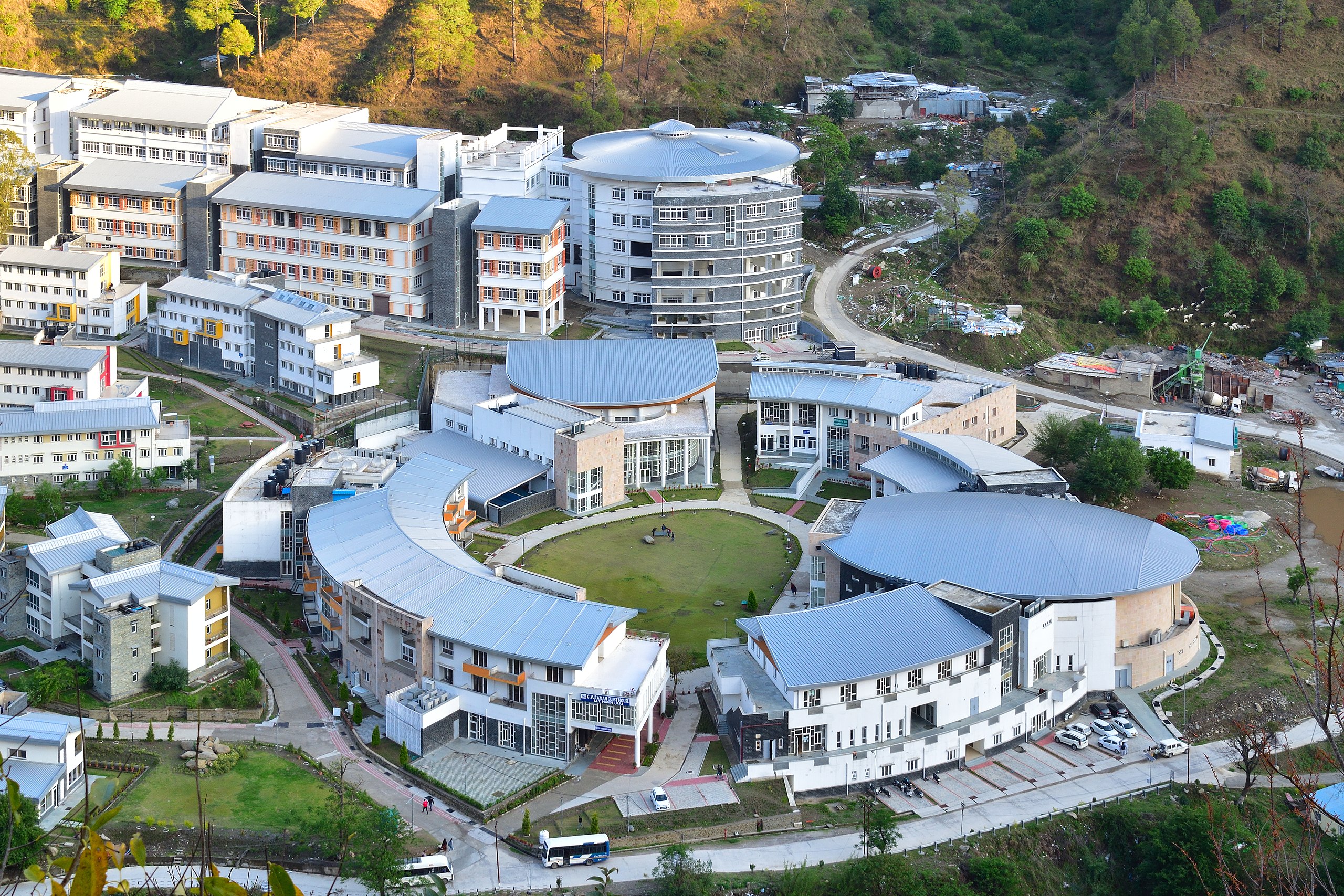IIT-Mandi researchers identify microbial pairs to convert cellulose waste into useful chemicals
Researchers at Indian Institute of Technology IIT, Mandi have identified microbial pairs that can effectively convert cellulose, a major component present in agriculture residue and paper waste, into useful chemicals, biofuels, and carbon suitable for several industrial applications.The research has been published in the journal Bioresource Technology Reports.

- Country:
- India
Researchers at Indian Institute of Technology (IIT), Mandi have identified microbial pairs that can effectively convert cellulose, a major component present in agriculture residue and paper waste, into useful chemicals, biofuels, and carbon suitable for several industrial applications.
The research has been published in the journal ''Bioresource Technology Reports''. The method has been patented and further scale-up of the bioprocess is ongoing. According to officials, plant dry matter, also known as lignocellulose, is one of the most abundant renewable materials on Earth. Lignocellulosic waste from agriculture, forests, and industries can be converted into valuable chemicals such as bioethanol, biodiesel, lactic acid, and fatty acids using a process called bioprocessing. Bioprocessing, however, involves multiple steps and can release undesirable chemicals, requiring multiple washing and separation steps, which increases costs.
Scientists are exploring an innovative method called consolidated bioprocessing (CBP) to convert lignocellulosic biomass into useful chemicals. ''This method involves combining saccharification (the conversion of the cellulose into simple sugars) and fermentation (the conversion of simple sugars into alcohol) into one step. One way to achieve this is by using a synthetic microbial consortium (SynCONS),'' said Shyam Kumar Masakapalli, Associate Professor at IIT, Mandi. ''SynCONS are a combination of different microorganisms; in this case, two types of microbes are selected, one brings about saccharification and the other fermentation. A combination of microbes that is stable at high temperatures (thermophilic consortia) is particularly useful because fermentation is a heat-releasing process,'' he added. The scientists studied two SynCONS systems for a cellulose processing process that was followed by pyrolysis, a method that decomposes organic materials by heating them above 500 degrees Celsius in the absence of oxygen, was integrated with microbial bioprocessing.
(This story has not been edited by Devdiscourse staff and is auto-generated from a syndicated feed.)
ALSO READ
Devendra Fadnavis to Lead Maharashtra Again: BJP Secures Commanding Majority
India Eyes Redemption in Adelaide After Commanding Perth Test Win
Farmers' Foot March to Delhi: Demanding Fair Support
Varanasi: Students stage protest demanding removal of mosque from college campus
RG Kar: Junior medics, victim's parents take out rally in Kolkata demanding justice










